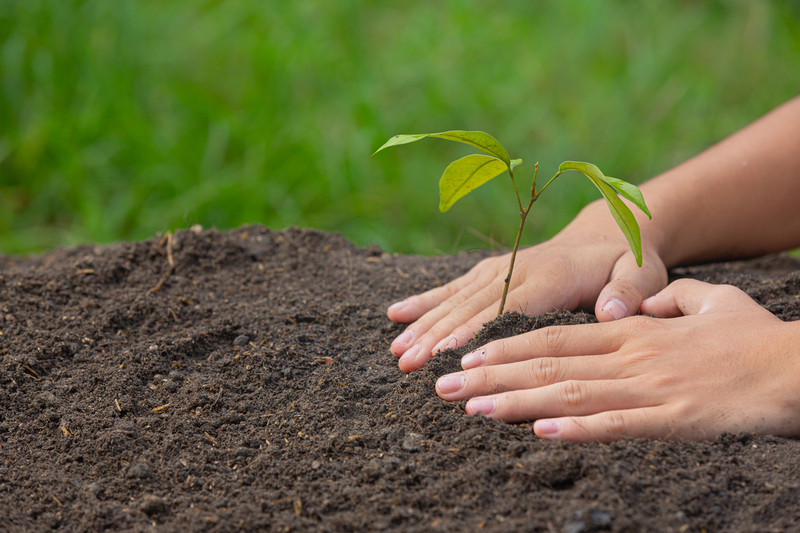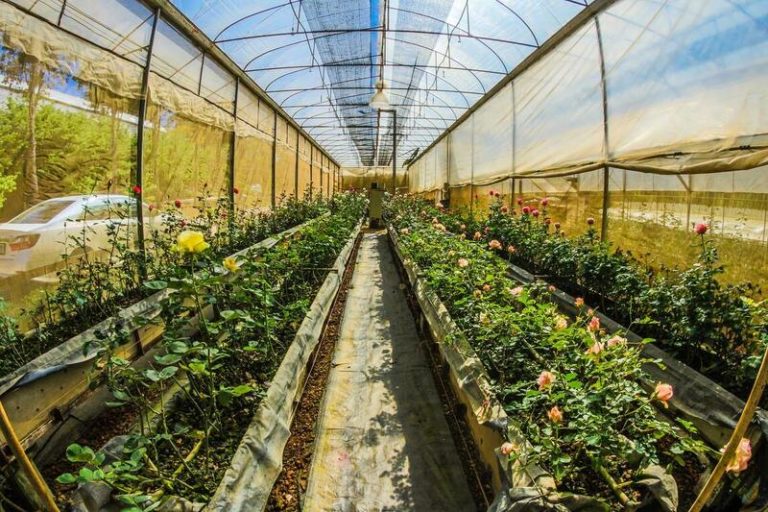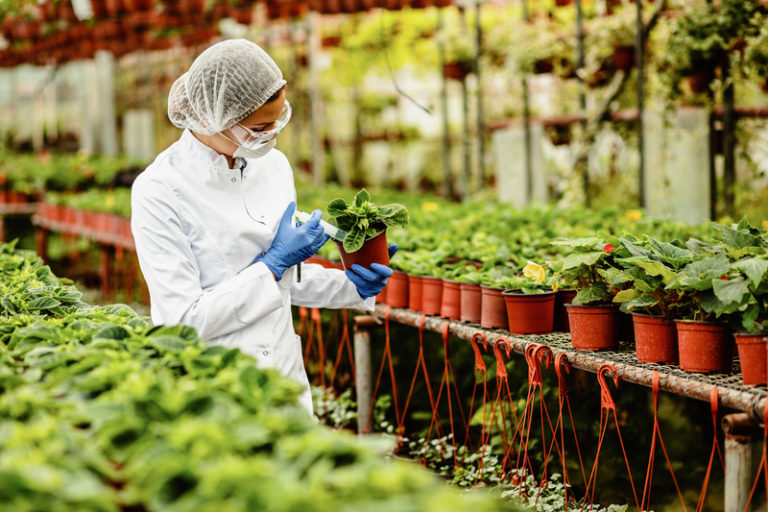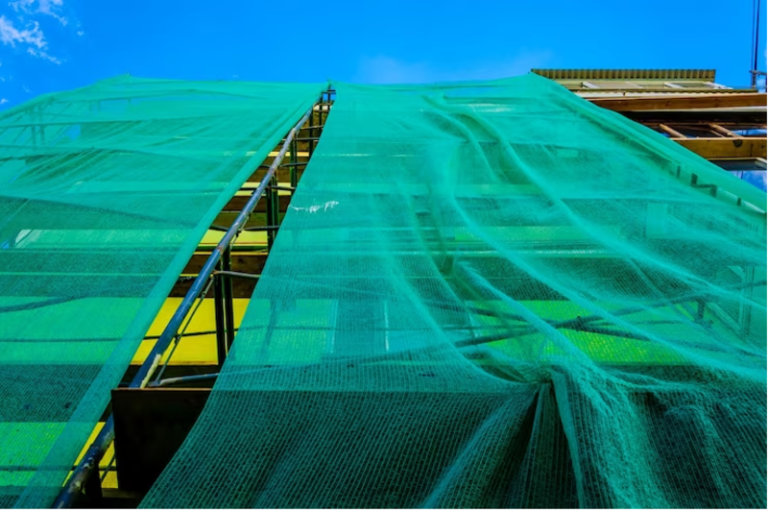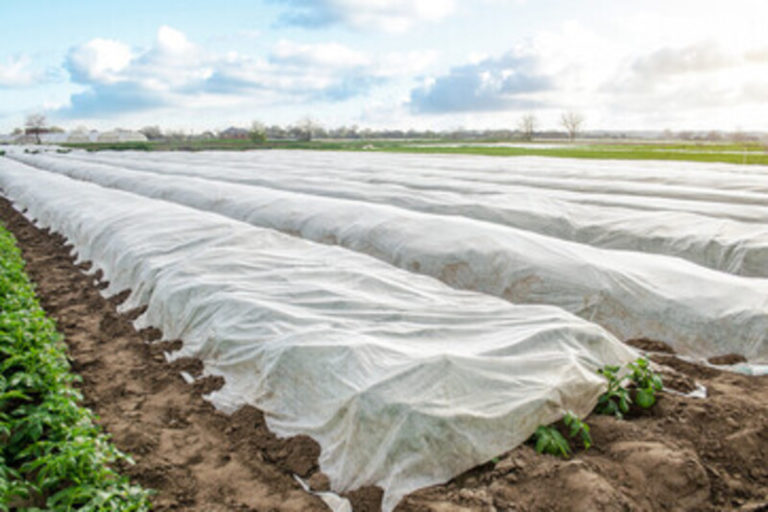World Agriculture Day: Celebrating the Importance of Agriculture and its Impact on Global Food Security
Agriculture is a vital industry that plays a critical role in providing food and nutrition to the world’s growing population. Every year, on March 20th, the world celebrates World Agriculture Day to raise awareness of the importance of agriculture and to recognize the hard work and contributions of farmers around the globe.
In this article, we will explore the significance of World Agriculture Day and the impact of agriculture on global food security.
What is World Agriculture Day?
World Agriculture Day was established by the Food and Agriculture Organization (FAO) of the United Nations in 1979 as a way to raise awareness about the importance of agriculture and to recognize the contributions of farmers to global food security.
The day is an opportunity for governments, organizations, and individuals to celebrate the achievements of agriculture and to focus on the challenges facing the industry in the years ahead.
The Importance of Agriculture
Agriculture is one of the most important industries in the world, providing food, fiber, and other essential products to meet the needs of a growing population. Agriculture is also a major source of employment, with millions of people working in the industry around the world.
Agriculture plays a critical role in global food security, providing the food and nutrition needed to support the health and well-being of the world’s population. Agriculture is also an important contributor to economic growth and development, providing essential products and services to support local communities and industries.
The Impact of Agriculture on Global Food Security
Agriculture has a significant impact on global food security, with farmers around the world working to produce the food and nutrition needed to meet the needs of a growing population.
Despite the challenges facing agriculture, such as climate change, land degradation, and water scarcity, farmers continue to work hard to provide the food and nutrition that is so essential to human life.
Agriculture is also an important tool in the fight against poverty and hunger. By providing employment and income opportunities, agriculture can help to lift people out of poverty and ensure that they have access to the food and nutrition they need to lead healthy, productive lives.
Challenges Facing Agriculture
Despite its importance, agriculture faces a number of challenges that threaten its ability to provide food and nutrition to the world’s growing population. These challenges include:
- Climate Change: Climate change is a major challenge for agriculture, with changing weather patterns and rising temperatures affecting crop yields and food production.
- Land Degradation: Land degradation, including soil degradation and deforestation, is also a major challenge for agriculture, as it reduces the amount of land available for food production and increases the risk of environmental degradation.
- Water Scarcity: Water scarcity is a growing challenge for agriculture, as increasing demand for water from agriculture, industry, and other sectors strains water resources.
- Pest and Disease Outbreaks: Pest and disease outbreaks, such as those caused by pests like locusts and diseases like African Swine Fever, can have a devastating impact on agriculture and food production.
- Market Volatility: Market volatility can also be a challenge for agriculture, as fluctuations in demand and supply can impact prices and income for farmers.
How We Can Support Agriculture
There are several ways individuals and governments can support agriculture to ensure its continued success and impact on global food security:
- Invest in Agricultural Research and Development: Investing in agricultural research and development can help to improve crop yields, reduce waste, and increase the efficiency of agriculture. This can lead to more sustainable and profitable farming practices, and help to address the challenges facing agriculture such as climate change and land degradation.
- Promote Sustainable Agriculture: Promoting sustainable agriculture practices, such as agroforestry and conservation agriculture, can help to conserve natural resources and maintain healthy soil, while also improving yields and profitability for farmers.
- Support Local and Small-scale Farmers: Supporting local and small-scale farmers through fair trade policies, access to credit and markets, and other initiatives can help to ensure that they are able to earn a living from their work and contribute to local communities.
- Improve Infrastructure and Access to Resources: Improving infrastructure and access to resources, such as water, electricity, and roads, can help farmers to increase their productivity and efficiency, and reduce the burden of manual labor.
- Encourage Diversification of Agriculture: Encouraging the diversification of agriculture can help to reduce the risk of crop failure and improve food security. This can include promoting the cultivation of different crops, as well as encouraging farmers to raise livestock and engage in agroforestry practices.
By taking these steps to support agriculture, we can help to ensure that it continues to play a critical role in providing food and nutrition to the world’s growing population, while also supporting economic growth and development in local communities.
Conclusion
World Agriculture Day is an important opportunity to celebrate the contributions of farmers and to raise awareness of the importance of agriculture in global food security. Agriculture is a vital industry that provides food, fiber, and other essential products to meet the needs of a growing population.
Despite the challenges facing agriculture, such as climate change, land degradation, and water scarcity, farmers around the world continue to work hard to provide the food and nutrition that is so essential to human life.
By investing in agricultural research and development, promoting sustainable agriculture practices, and supporting farmers, we can help to ensure that agriculture continues to play a critical role in global food security for generations to come.
Also Read :-

